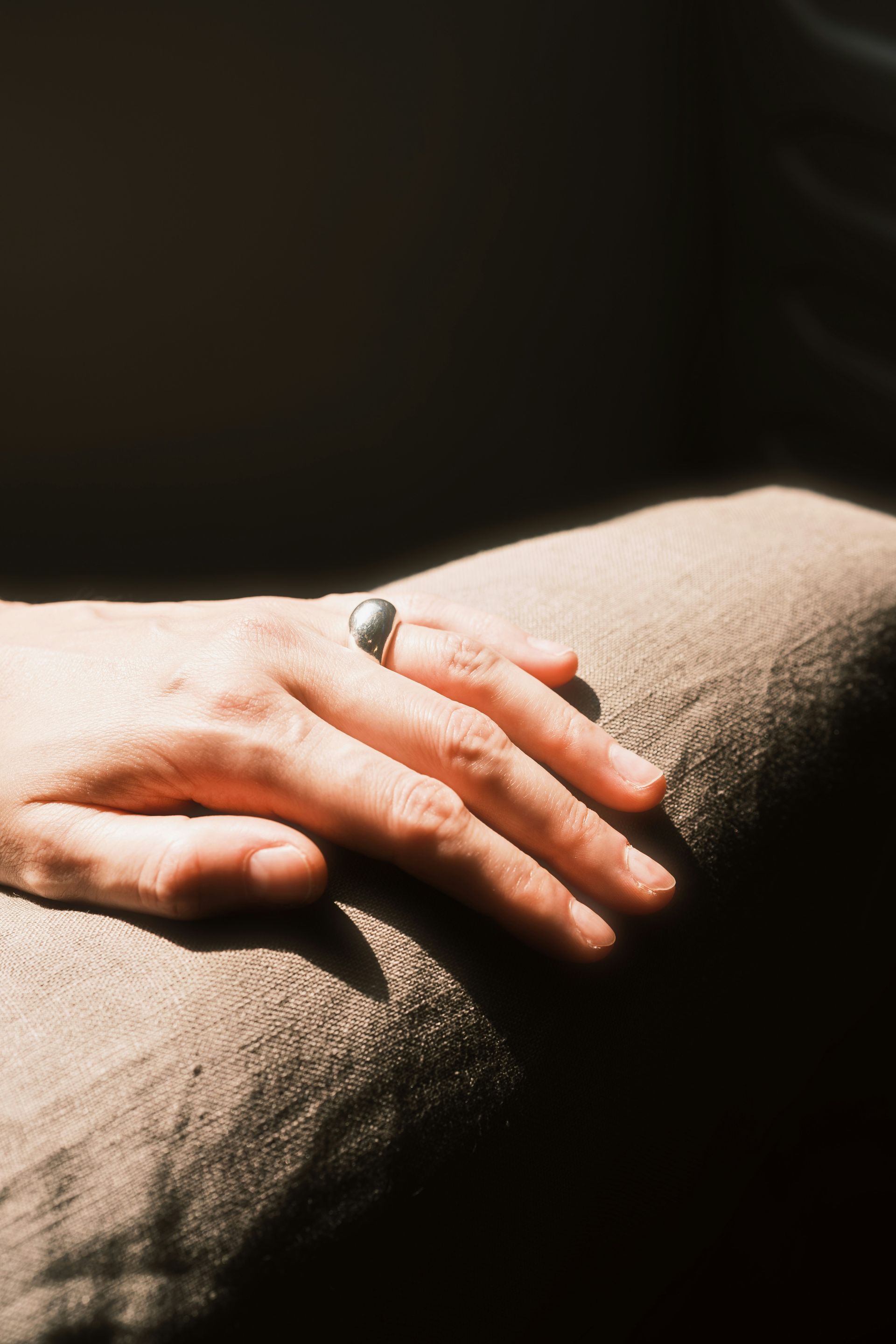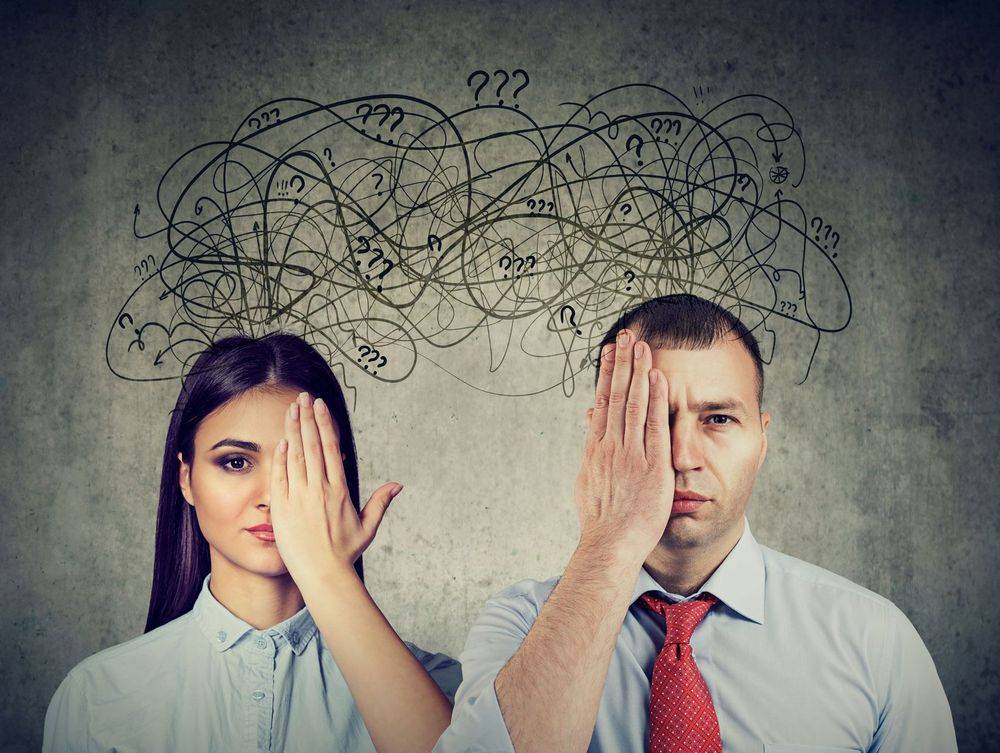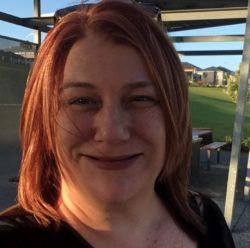Why we feel devastated when friendship fails
The low hum of ambiguous loss
What is terribly haunting are the gaps left in us by others, and I think of my dead father as I write this. Having suddenly lost him in my mid 20s, I often think of him and wonder where he would be in his life cycle, i.e. how he had managed retirement, would he be travelling back to Europe or maybe would his body have been so exhausted by a lifetime of physical and intellectual work that he would be resting a lot. It makes me sad. What I have done is grieve for his loss. I have partaken in rituals of mourning and spoken about him in the past tense; which was exceedingly difficult in the first year after he died. This was publicly okay to do and expected of me, as other members of my family grieved. I was given space to feel sad, and platitudes were uttered by other people when I used the words ‘my father’ and ‘died early’ in the same sentence.
However, I have had a different experience with the loss of a best friend. She was vibrant and always interested in what I had to share with her, and we shared the same shorthand and a similar sense of humour. We pursued similar creative goals and worked on a production together, but ultimately went through life stages at different times which seemed too difficult to negotiate. Plus, I had met her through another close friend and ultimately that friend took precedence for her – because she was loyal to her ‘first friend’ rather than me, with whom she had much more in common, the friendship faltered and with no big argument we drifted apart in a short amount of time.
It doesn’t mean that I don’t still think about her and wonder how and where she would be in my life if we were still at least distant friends. I have tried several times and she doesn’t seem able to pick up the thread of our intense friendship that would now look like a 'comfortable being with each other' friendship. What I really struggle with is the ambiguous loss inherent in this. This is someone who for at least 7 years I talked with at least once a day, sometimes both morning and night, and texted during the day numerous times as well, and she has for over 15 years now, not been any part of my life, despite my several attempts to reconnect.
This is more of a disenfranchised grief; she was not my lover, not my family member, not even a childhood friend, but someone I met as an adult who I forged a close emotional and mental connection with and had formative experiences with. I am still very alone in expressing how I truly feel about it. My husband would - up until a few years back when I would send an invite for our annual Christmas party - ask me what I wanted from those communications, and tell me to ‘move on’ that there was no point resurrecting an old friendship.
The thing is with loss from death we can focus on practical aspects associated with that momentous change in our life; we can DO something to keep us distracted from the grief. If we are ‘ghosted’ by someone, apart from sifting through photos and putting them away where we can't see them or deleting them, there is nothing much practical to do, and I've realised our community doesn’t give space to this kind of loss. This low hum of mourning permeates many parts of my life still, as I wonder what stage of life is she in. This not knowing, of considering that this loss may actually be forever, is the unending sense of it, that leads to confusion, avoidance or distraction i.e. fantasy making about a different possible outcome.
If you’re trying to process the aftermath of an affair, Mariyon will work constructively to help you understand and work with you to strengthen your relationship or to examine what your options are. Men and women are welcome.
Feel free to call Mariyon on
0430 183 893 for a preliminary chat and see if she can help.
Mariyon Slany Psychotherapist Blog











